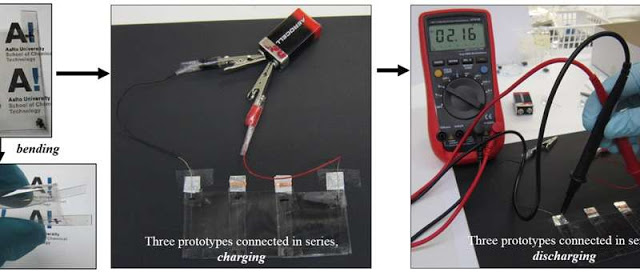Cost benefit of intelligence enhancement via embryo selection
There is a cost benefit analysis of embryo selection for intelligence based upon 2016 state of the art. The case of human intelligence using SNP-based genetic prediction, finding: a meta-analysis of GCTA results indicates that SNPs can explain and over 33% of variance in current intelligence scores, and over 44% with better-quality phenotype testing this …











